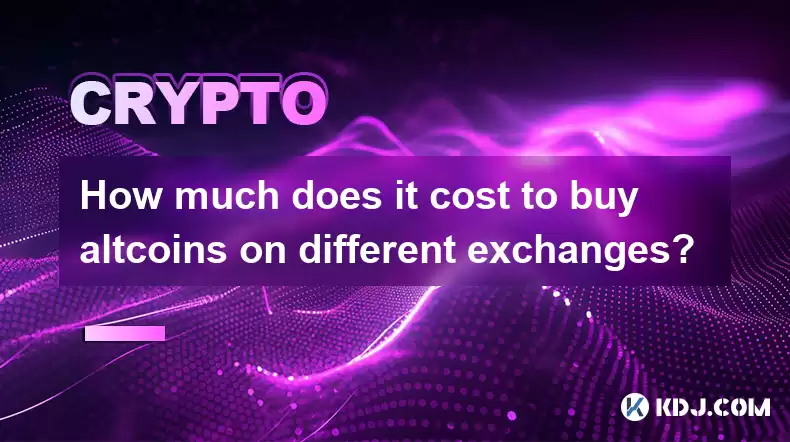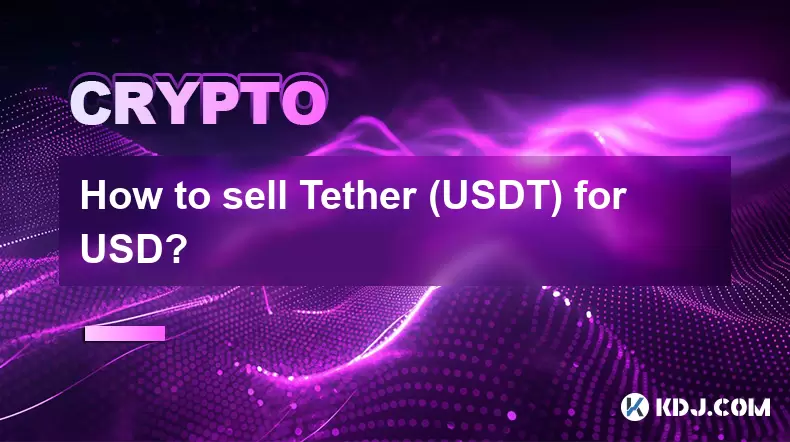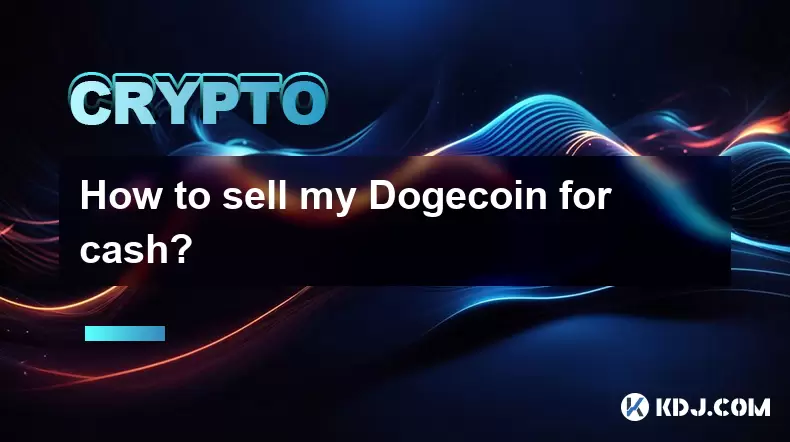-
 Bitcoin
Bitcoin $115100
1.27% -
 Ethereum
Ethereum $3675
2.71% -
 XRP
XRP $2.995
1.45% -
 Tether USDt
Tether USDt $1.000
0.02% -
 BNB
BNB $769.8
2.64% -
 Solana
Solana $168.0
3.25% -
 USDC
USDC $0.9999
-0.01% -
 TRON
TRON $0.3371
1.48% -
 Dogecoin
Dogecoin $0.2051
3.36% -
 Cardano
Cardano $0.7394
2.30% -
 Hyperliquid
Hyperliquid $38.15
0.42% -
 Stellar
Stellar $0.3966
-0.36% -
 Sui
Sui $3.486
2.93% -
 Chainlink
Chainlink $16.72
2.52% -
 Bitcoin Cash
Bitcoin Cash $568.0
4.36% -
 Hedera
Hedera $0.2440
2.59% -
 Ethena USDe
Ethena USDe $1.001
0.04% -
 Avalanche
Avalanche $22.16
2.06% -
 Litecoin
Litecoin $119.1
-0.73% -
 UNUS SED LEO
UNUS SED LEO $8.991
0.04% -
 Toncoin
Toncoin $3.232
-0.39% -
 Shiba Inu
Shiba Inu $0.00001233
2.82% -
 Uniswap
Uniswap $9.717
2.53% -
 Polkadot
Polkadot $3.664
1.85% -
 Dai
Dai $1.000
0.01% -
 Monero
Monero $281.2
-3.89% -
 Bitget Token
Bitget Token $4.350
1.55% -
 Cronos
Cronos $0.1428
5.07% -
 Pepe
Pepe $0.00001050
3.68% -
 Aave
Aave $262.3
3.54%
How much does it cost to buy altcoins on different exchanges?
When buying altcoins on an exchange, you need to factor in transaction fees, market spread, and the payment method you use to complete the purchase.
Dec 31, 2024 at 04:11 am

Key Points:
- Transaction Fees: Exchanges typically charge transaction fees for buying and selling altcoins. These fees vary depending on the exchange, the altcoin being traded, and the payment method used.
- Market Spread: When buying altcoins, you purchase them at the ask price, which is usually slightly higher than the market price. Similarly, when selling altcoins, you receive the bid price, which is slightly lower than the market price. This spread represents the difference between the prices at which buyers are willing to buy and sellers are willing to sell.
- Payment Methods: Different exchanges support various payment methods, including fiat currencies, credit/debit cards, and other cryptocurrencies. Some methods may incur additional fees, such as processing fees for card payments or network fees for cryptocurrency transfers.
- Trading Volume: Exchanges with higher trading volumes typically offer lower transaction fees and tighter market spreads. This is because they have a larger pool of buyers and sellers, reducing the gap between the ask and bid prices.
Detailed Guide to Buying Altcoins on Different Exchanges:
1. Research and Identify Exchanges:
- Explore reputable cryptocurrency exchanges and compare their fees, trading volumes, and supported payment methods. Consider factors such as security, customer support, and user interface.
2. Create an Account and Fund It:
- Register with the chosen exchange and complete the required verification process. Deposit funds into your account using a supported payment method.
3. Find the Altcoin You Want:
- Search for the altcoin you wish to buy using the exchange's search bar or trading platform.
4. Place a Buy Order:
- Navigate to the altcoin's trading page and enter the amount you want to buy. Select the market order option to buy at the current market price or limit order option to specify a specific price.
5. Review and Confirm:
- Review the transaction details, including fees, market spread, and total cost. Once satisfied, confirm the order.
6. Receive the Altcoins:
- Upon order completion, the altcoins will be deposited into your exchange wallet. You can withdraw them to an external wallet or continue trading.
FAQs:
What is the average cost to buy altcoins on an exchange?
Transaction fees vary depending on the exchange and altcoin. Typically, fees range from 0.1% to 0.5% of the transaction value.
Which exchanges have the lowest fees for buying altcoins?
Binance, Coinbase, and Kraken offer competitive transaction fees for altcoin trades.
What is the impact of market spread when buying altcoins?
Market spread represents the difference between the ask and bid prices. Wider spreads result in higher buy/sell prices. Exchanges with high trading volumes tend to have tighter spreads.
Can I buy altcoins with a credit card?
Yes, most major exchanges support credit card purchases. However, credit card payments may incur processing fees.
What is a good strategy for buying altcoins on an exchange?
- Research and identify promising altcoins with strong fundamentals.
- Set realistic expectations and avoid chasing short-term gains.
- Consider market conditions, trading volume, and coin liquidity before making decisions.
- Invest only what you can afford to lose and never allocate more than 10% of your portfolio to any single altcoin.
- Monitor your investments regularly and adjust your strategies as needed based on market trends.
Disclaimer:info@kdj.com
The information provided is not trading advice. kdj.com does not assume any responsibility for any investments made based on the information provided in this article. Cryptocurrencies are highly volatile and it is highly recommended that you invest with caution after thorough research!
If you believe that the content used on this website infringes your copyright, please contact us immediately (info@kdj.com) and we will delete it promptly.
- HashFlare Founders Face the Music: Jail Time Looms?
- 2025-08-07 14:30:12
- Pepeto's Pounce: Meme Coin Mania Meets Blockchain Infrastructure
- 2025-08-07 15:10:12
- Parataxis, SPAC Merger, and Bitcoin Treasury: A New York Minute on Crypto's Latest Moves
- 2025-08-07 15:30:12
- Toshi on Binance.US: A Memecoin's Big Break
- 2025-08-07 14:30:12
- Bitcoin, SPAC Mergers, and Parataxis: A New Yorker's Take on Crypto's Wall Street Moment
- 2025-08-07 14:50:27
- Bitcoin, Collateral, and Loan Strategies: A New York Minute on the Future of Finance
- 2025-08-07 14:50:27
Related knowledge

How to sell Tether (USDT) for USD?
Aug 07,2025 at 03:29pm
Understanding Tether (USDT) and Its USD ValueTether (USDT) is a stablecoin designed to maintain a 1:1 value ratio with the United States Dollar (USD)....

How to sell my Bitcoincoin for cash?
Aug 07,2025 at 02:14pm
Understanding the Basics of Selling Dogecoin for CashSelling Dogecoin for cash involves converting your DOGE tokens into a fiat currency such as USD, ...

What is Chainlink (LINK)?
Jul 22,2025 at 02:14am
Understanding Chainlink (LINK): The Decentralized Oracle NetworkChainlink is a decentralized oracle network designed to bridge the gap between blockch...

What is Avalanche (AVAX)?
Jul 22,2025 at 08:35am
What is Avalanche (AVAX)?Avalanche (AVAX) is a decentralized, open-source blockchain platform designed to support high-performance decentralized appli...

What is Polkadot (DOT)?
Jul 19,2025 at 06:35pm
Understanding the Basics of Polkadot (DOT)Polkadot (DOT) is a multi-chain network protocol designed to enable different blockchains to transfer messag...

What is Litecoin (LTC)?
Jul 23,2025 at 11:35am
Overview of Litecoin (LTC)Litecoin (LTC) is a peer-to-peer cryptocurrency that was created in 2011 by Charlie Lee, a former Google engineer. It is oft...

How to sell Tether (USDT) for USD?
Aug 07,2025 at 03:29pm
Understanding Tether (USDT) and Its USD ValueTether (USDT) is a stablecoin designed to maintain a 1:1 value ratio with the United States Dollar (USD)....

How to sell my Bitcoincoin for cash?
Aug 07,2025 at 02:14pm
Understanding the Basics of Selling Dogecoin for CashSelling Dogecoin for cash involves converting your DOGE tokens into a fiat currency such as USD, ...

What is Chainlink (LINK)?
Jul 22,2025 at 02:14am
Understanding Chainlink (LINK): The Decentralized Oracle NetworkChainlink is a decentralized oracle network designed to bridge the gap between blockch...

What is Avalanche (AVAX)?
Jul 22,2025 at 08:35am
What is Avalanche (AVAX)?Avalanche (AVAX) is a decentralized, open-source blockchain platform designed to support high-performance decentralized appli...

What is Polkadot (DOT)?
Jul 19,2025 at 06:35pm
Understanding the Basics of Polkadot (DOT)Polkadot (DOT) is a multi-chain network protocol designed to enable different blockchains to transfer messag...

What is Litecoin (LTC)?
Jul 23,2025 at 11:35am
Overview of Litecoin (LTC)Litecoin (LTC) is a peer-to-peer cryptocurrency that was created in 2011 by Charlie Lee, a former Google engineer. It is oft...
See all articles

























































































